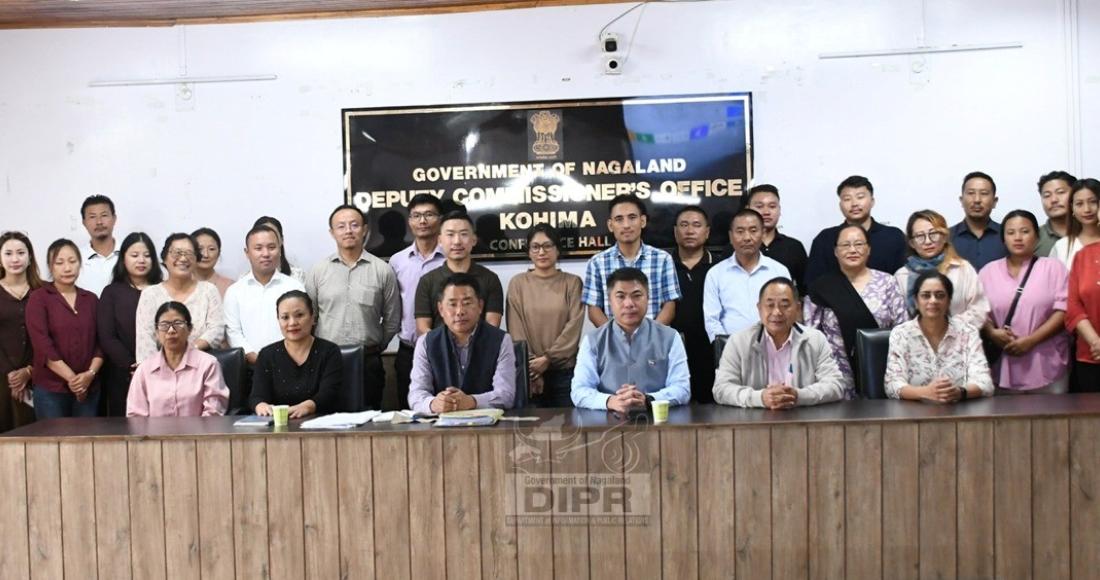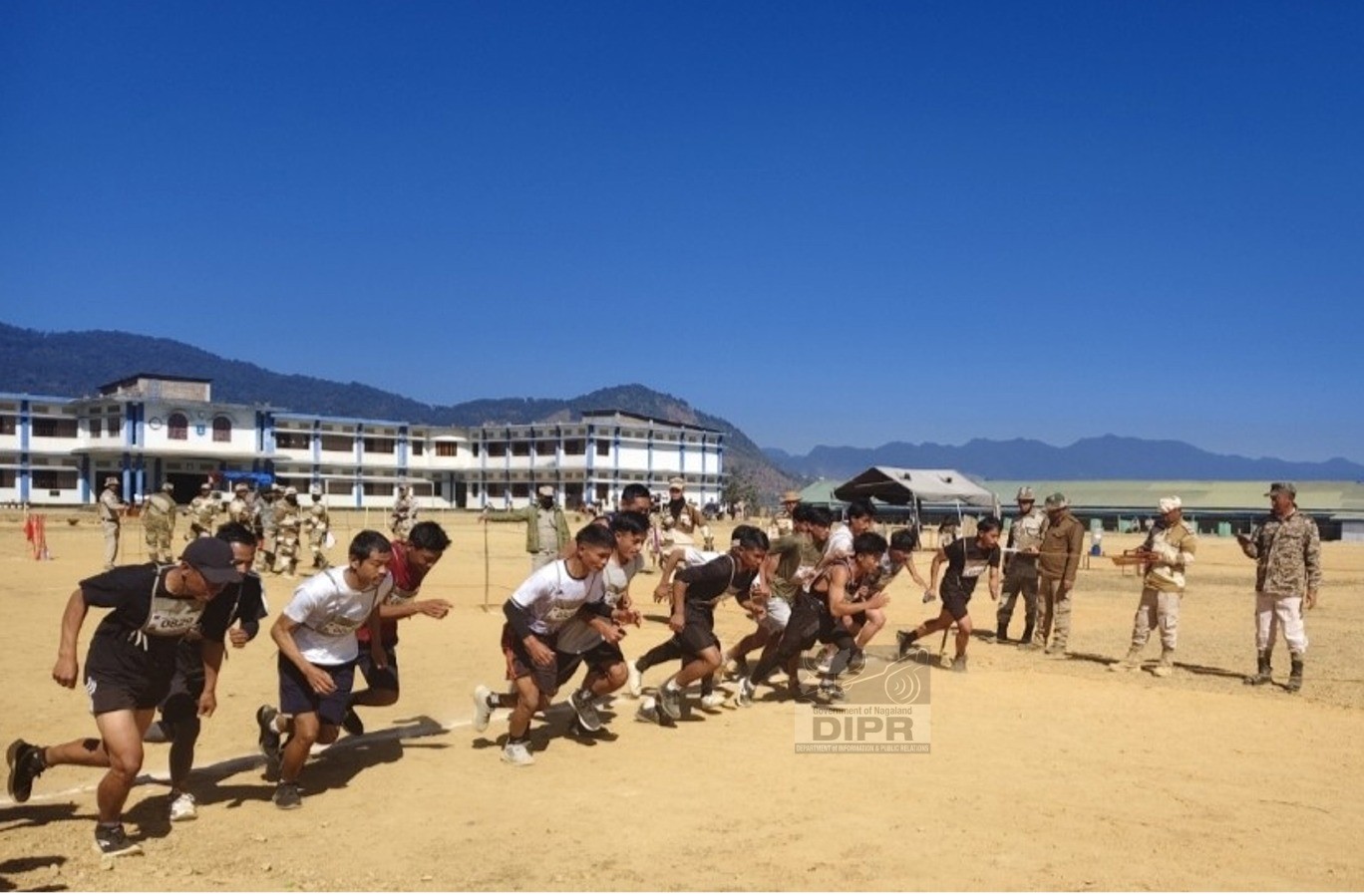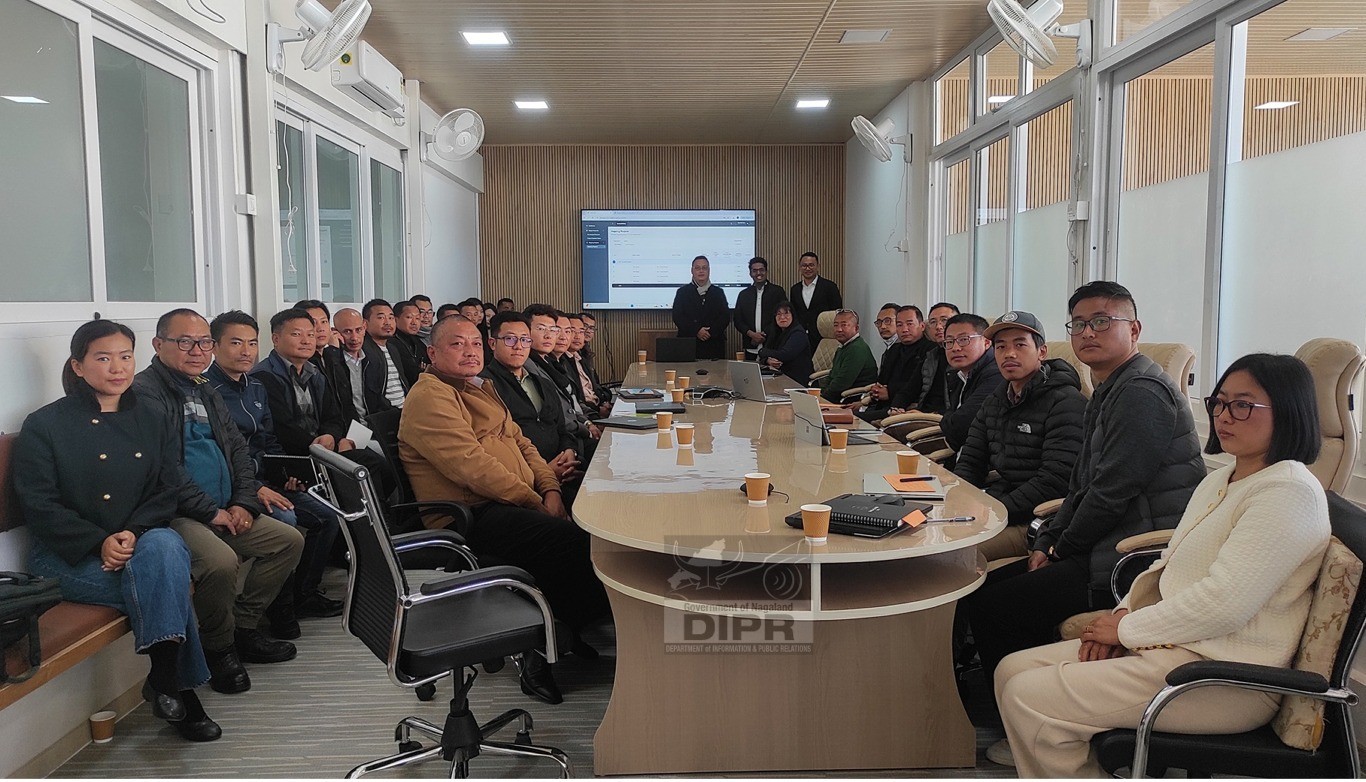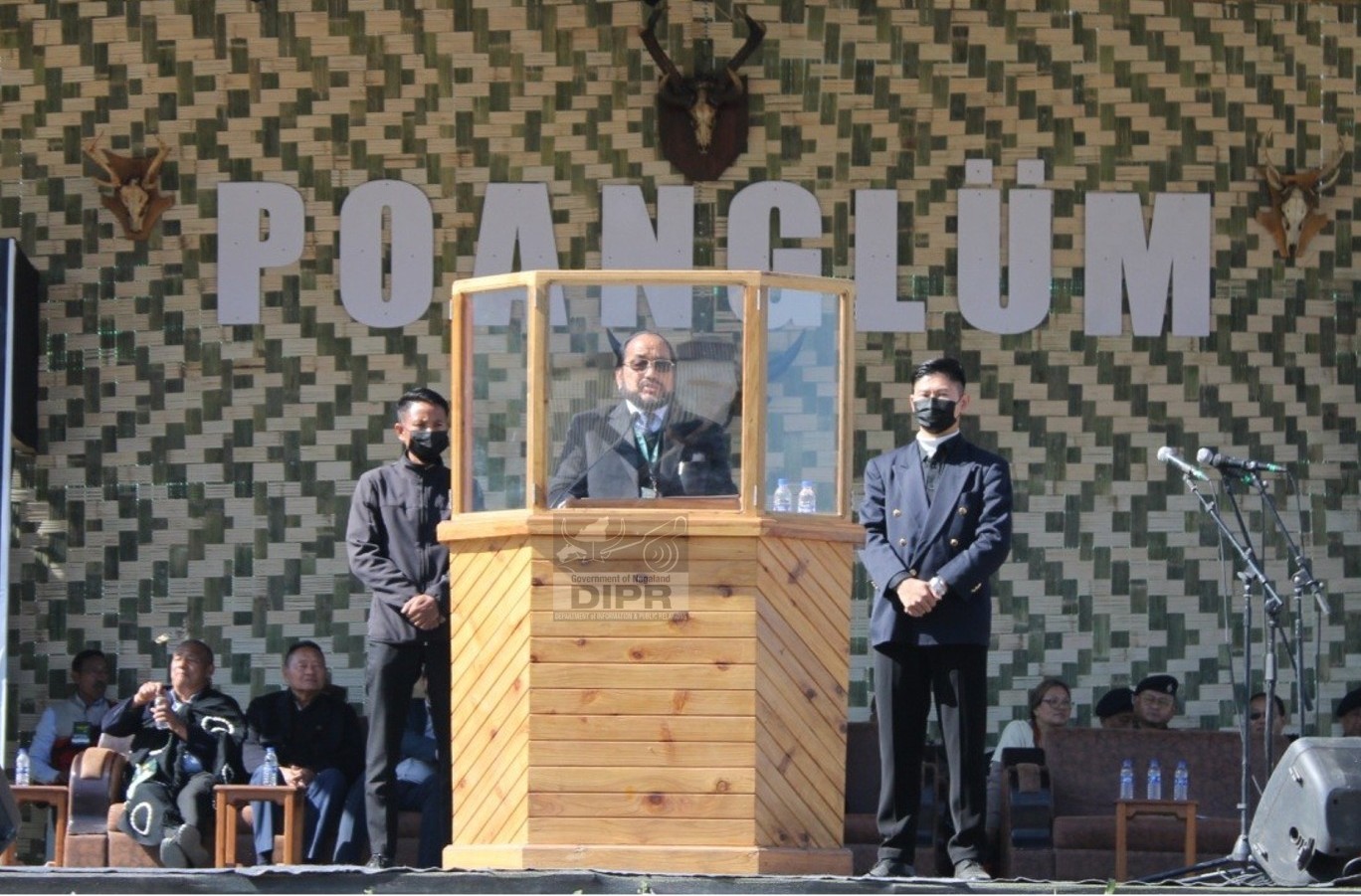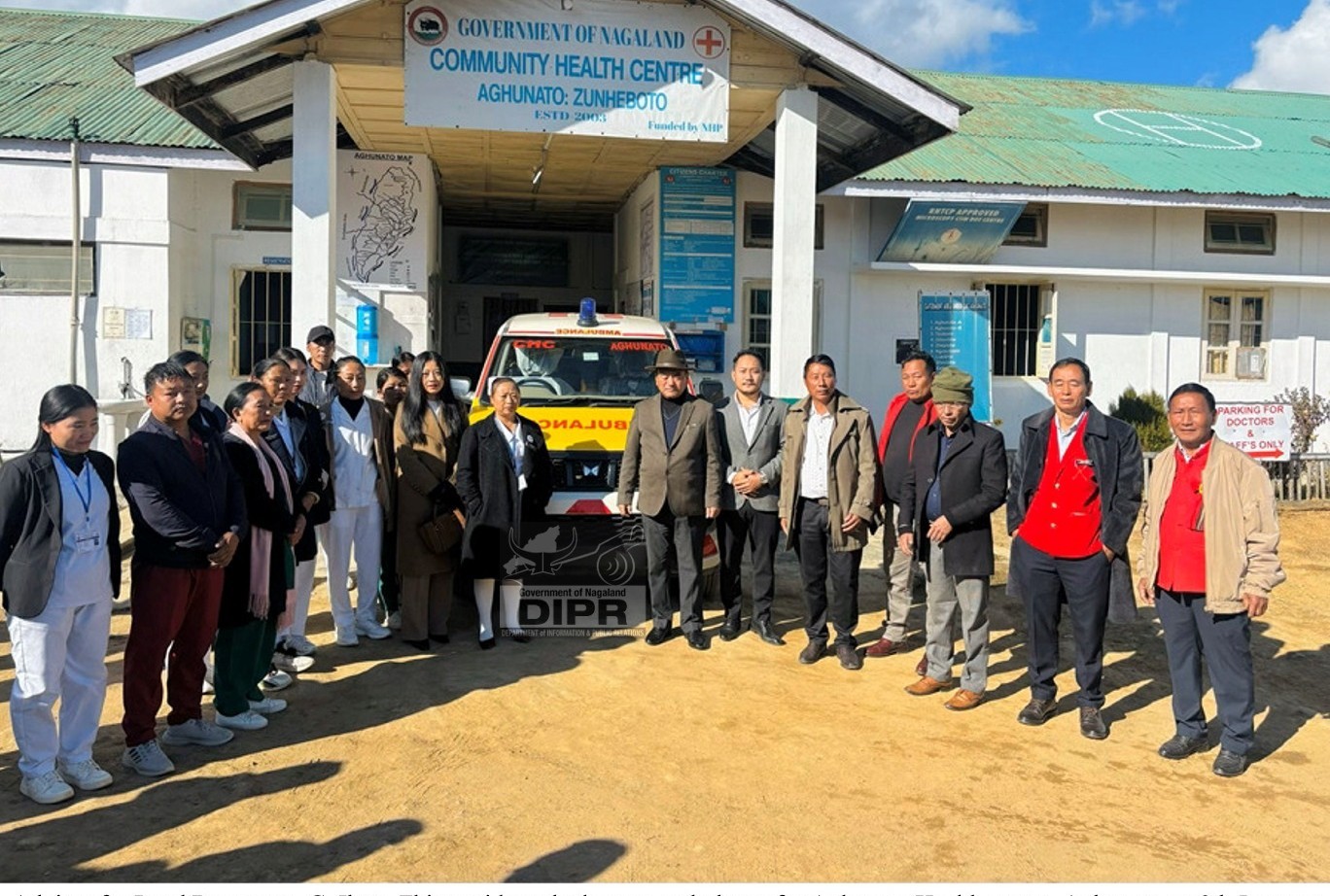A District-level Orientation programme for the Aadi Karmayogi Abhiyaan under Kohima district was held at the Conference Hall of the Deputy Commissioner’s Office, Kohima on 12th September 2025.
Speaking at the programme, Deputy Commissioner B. Henok Buchem said the orientation was meant to equip departments with a deeper understanding of the initiative. He encouraged the master trainers, calling them “the main keys to unlock many potentials” in the successful implementation of the Abhiyaan.
The Aadi Karmayogi Abhiyaan is a nationwide initiative aimed at empowering tribal communities and strengthening responsive governance through a collaborative, multi-departmental approach. It follows a cascading model of implementation, with clear roles for departments at the district level.
The programme framework adopts a “whole-of-government” and “whole-of-society” approach that emphasizes bottom -up planning. Built on a multi-tiered training structure, it ensures standardized and effective rollout across states and districts.
Under the cascade model of training, State-level Master Trainers (SMTs) will train district-level trainers, who will in turn train block- and village-level Aadi Karmayogis (change leaders). These change leaders—drawn from among government officers, teachers, youth leaders, and community volunteers—will spearhead participatory planning and co-create “Village Vision 2030” documents with local communities.
The Abhiyaan also promotes convergence of government schemes and collective action by departments to deliver an integrated package of services to tribal villages. Departments ranging from Tribal Affairs, Rural Development, Health and Family Welfare, Education, Agriculture, and Social Welfare to allied sectors such as Public Works, Forest, and Public Health Engineering will play key roles in implementation.
Through this convergence, the Abhiyaan aims to improve healthcare and sanitation, enhance agricultural productivity, strengthen rural livelihoods, expand educational opportunities, and ensure access to social security benefits in tribal communities.
(Molungnenla, IA Kohima)


